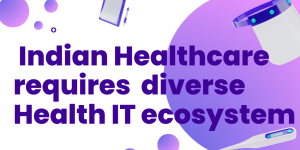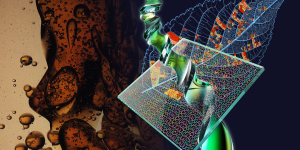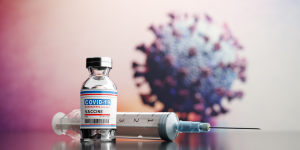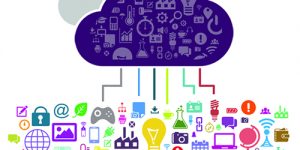ICTpost Health IT Bureau

There is currently a wealth of apps on several platforms which allow users to transfer readings from a medical device, which can then be stored and displayed on the device, or uploaded to a cloud-basedsystem. This is possible by buying independent devices which utilize wireless technologies such as ANT+ or Bluetooth.
Measurements from these devices can be viewed and stored locally, on devices such as smart phones, or uploaded to independent cloud-based systems. Complete systems also allow consumers to take blood glucose readings and upload them to a dedicated cloud-based system via a mobile phone using Bluetooth wireless technology. This information can then either be viewed directly on a mobile device such as a smartphone, or via an Internet portal on a computer.
The growing incidence of diabetes is by many estimates the biggest public health challenge today, so companies are developing tools to help people with the disease manage their blood sugar.
RFID
RFID has also been established as a valuable tool for identification and tracking of goods in the supply chain. Over the last few years, many pharmaceutical companies and clinical research organizations arerealizing the value of using RFIDs to keep track of biological specimens and drugs. One bio-specimen supplier was able to realize a $2.6 million annual decrease in inventory losses by using RFIDs to track and properly identify bio-specimens that had previously disappeared or spoiled due to mislabeling and improper storage. With bio-specimens priced from a few hundred dollars to as much as $25,000,tracking makes an enormous impact.
RFID technology is also finding use in the pharmaceutical industry. It can supply the tracking of the raw materials within a drug and also the drug product itself to prevent counterfeiting and the illegal import of unregulated drugs from other countries. It is estimated that if the pharmaceutical industry were to fully adopt RFID technology for tracking its raw materials and products, the market would be $15 billion currently. We expect that this market will start to develop and mature over the next 4-5 years.
The application areas where we expect to see the greatest growth are:
Hospital bed monitoring facilitating wireless patient monitoring, enabling greater utilization of hospital space and facilities.
Laboratory automation IVD testing can be done on an outpatient basis and in real time, decreasing the need to make repeated trips to a clinic for retesting. It should also yield better patient data, leading to better understanding of a patient’s true condition. We see the insurance companies clearly supporting the use of IVD for early detection and prevention of catastrophic diseases.
Mobile medicine practices will provide means for treatingchronic conditions on an outpatient basis, resulting in fewer doctor visits and lower health care costs.







